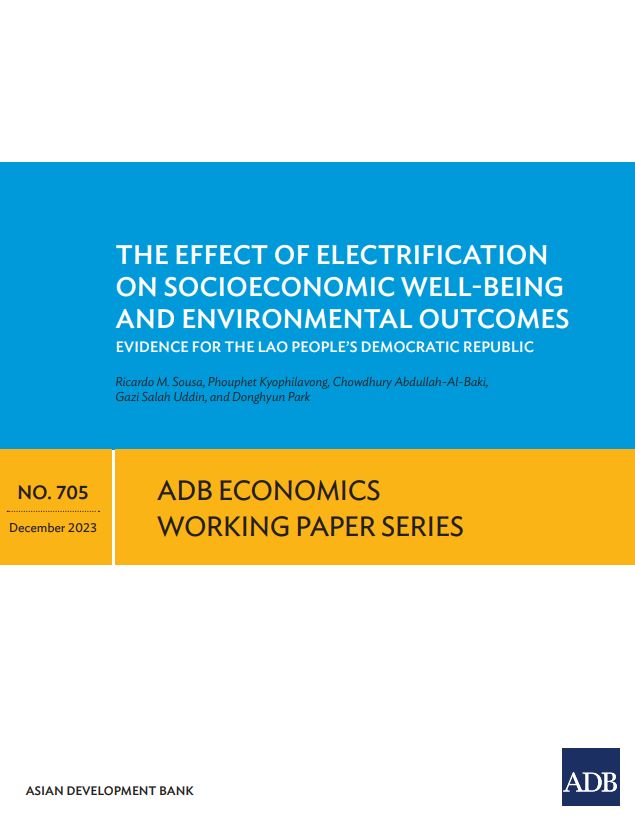6th Meeting of the GMS Urban Development Working Group
The 6th Meeting of the Greater Mekong Subregion (GMS) Urban Development Working Group (UDWG) was held via web-based conferencing on 21 June 2023.
The 6th Meeting of the Greater Mekong Subregion (GMS) Urban Development Working Group (UDWG) was held via web-based conferencing on 21 June 2023.
The 52nd GMS Tourism Working Group Meeting (TWG-52) was held on 21 November 2023. It was attended by senior and mid-level officials representing the National Tourism Organizations (NTOs) of the Greater Mekong Subregion (GMS) countries, Mekong Tourism Coordinating Office, development partners and organizations including the ASEAN Japan Centre, GMS Secretariat and private sector.
Agreements for feasibility studies for (i) a planned wind farm and (ii) a 500 kV substation for electricity transmission in Savannakhet, Lao People’s Democratic Republic (Lao PDR), was signed by representatives from Lao PDR Ministry of Planning and Investment, NASENG-WAYO Renewable Resource Development and Investment (a Lao PDR firm), and UPC Renewable Energy. UPC Renewable Energy and NASENG-WAYO Renewable Resource Development and Investment will cooperate on the feasibility study.
The Royal Government of Cambodia, led by the Ministry of Environment, launched the Circular Strategy on Environment 2023-2028 on 15 November 2023.
Cambodia recorded 4.4 million international tourist arrivals in the first 10 months of 2023, a 180% increase over the same period in 2022. Tourism Minister Sok Soken remarked that based on this figure, Cambodia is expected to receive approximately 5.4 million foreign visitors in 2023.
The digital marketplace prototype established by the Digital Economy Promotion Agency (DEPA) of the Government of Thailand garnered participation from 13,200 entrepreneurs from 75 markets across 25 provinces in the country. It generated an economic value of over 450 million baht (around $12.80 million).
ASEAN member countries agreed to fast track the implementation of cross-border payments in ASEAN at the 43rd ASEAN Summit in Jakarta, Indonesia. This paves the way for ASEAN member countries to utilize local currencies when transacting in the region and promote regional payment connectivity. This move encourages the use of local currencies to support cross-border trade and investment in the ASEAN region.
The ASEAN Federation of Forwarders Associations (AFFA) met on 2 December 2023 in Phnom Penh, Cambodia, for their 33rd annual meeting, and discussed facilitation of goods transportation via inter-governmental cooperation in the region.
ASEAN countries have emphasized the development of logistics services, infrastructure, and trade facilitation measures, and promoting intra-bloc connectivity.

This paper investigates the impact of electrification of households in the Lao People’s Democratic Republic using data from the Lao Expenditure and Consumption Survey.